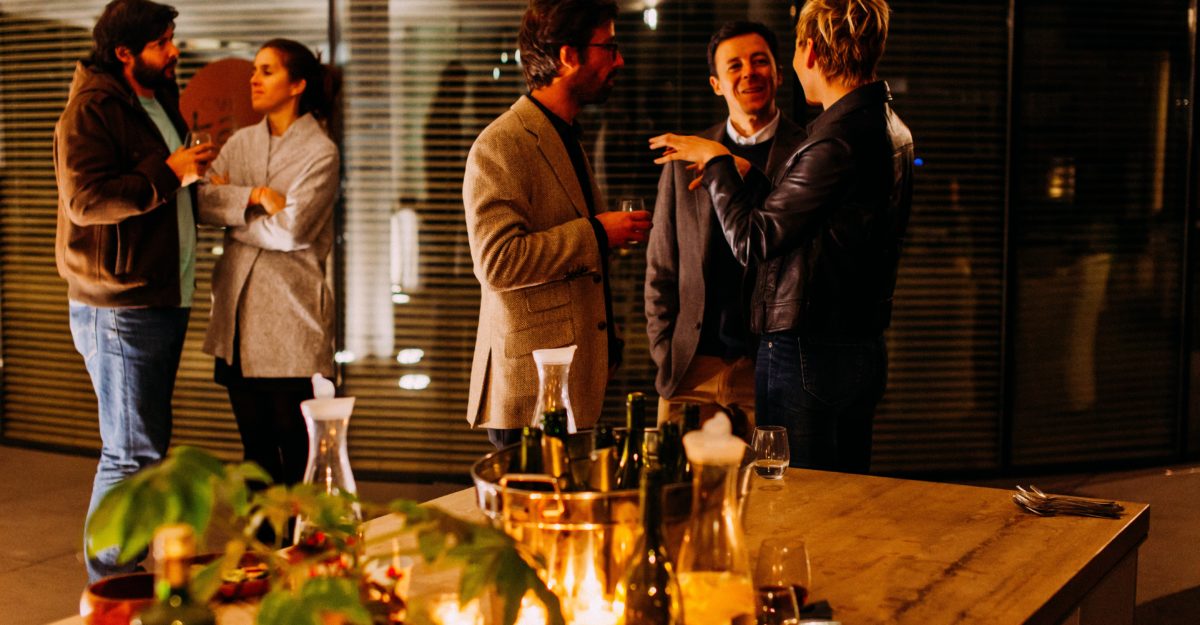Thinking Ahead: Planning Employee Social Events Advice for Employers

Many companies are in the habit of having summer or holiday celebrations. Employers often view such events as a way of rewarding their staff for their hard work, as well as team-building exercises. As a business host, however, you must be aware of your potential liability arising from the social events which often take place around the holiday season. No longer can an employer assume that party guests are responsible for their own actions. Instead, an employer must plan ahead and take steps to protect employees and guests in order to reduce the prospect of being sued in the event of an accident.
Employer Liability When Hosting Social Events
In recent years, courts have dealt with an increasing number of cases where party hosts were sued as a result of accidents entered into by intoxicated party guests. Since party hosts cannot control the behaviour of guests after the end of the party, it is important for the host to ensure that those measures are taken at the party itself to reduce the likelihood of physical harm to the guest, or the public at large, once the party is over.
In the recent case of Childs v. Desormeaux, the Supreme Court of Canada declined to recognize social host liability, finding that pure social hosts do not owe a general duty of care to users of public highways. While an interesting development, this case is not likely to change the obligations placed on employers with respect to functions with a clear employment connection. This is due to the fact that employers cannot be considered purely social hosts and will have a duty of care towards employees attending a work-related function even where a social host would not have such an obligation towards his or her guests.
As an employer, you have a duty to provide a safe workplace. This duty extends to any event or party that you host or organize. Take care not to introduce conditions into the workplace that could put an employee at risk without taking appropriate precautionary actions. At a party, this means you must be careful about any games or activities which may pose a physical danger to any guest.
Despite your best efforts, an employee or guest may become intoxicated at your event. The law makes you liable for any losses or accidents which may result from your guests’ intoxication. The company must take a zero-tolerance stance in which no employee will be allowed to drink and drive. This must be communicated clearly to all employees before the event, and measures must be taken to enforce the policy if needed.
The risks are not limited to drunk driving. At social events, it is not uncommon to encounter some irresponsible behaviour by a guest that could endanger other guests. You have a legal duty to supervise your guests and to protect your guests. Doing so will greatly help avoid a lawsuit.
Events, especially larger ones, require proper planning and clear policies.
Are you prepared? Ask yourself the following questions:
- How will we monitor and, if necessary, control alcohol consumption?
- How can we discourage over-consumption?
- How will we ensure that our employees and guests arrive home safely?
- Will we self-insure or seek third party insurance to protect against risks that we know cannot be completely eliminated?
Some tips to consider when planning employee social events:
- Do not combine alcohol with potentially dangerous activities, such as skiing or snowmobiling. If this is not possible, ensure that alcohol is only available after the physical activities are completed.
- Have a professionally managed bar and offer your guests non-alcohol and low-alcohol drinks. Do not encourage intoxication by serving double shots.
- Do not serve alcohol to a guest who is already intoxicated.
- Remember that an intoxicated guest may be at considerable risk even if he or she is not driving home.
- Check the premises for potential hazards. A normally safe condition may endanger an intoxicated guest since drinking affects judgment and co-ordination.
- Do not permit drinking competitions or other games that promote intoxication.
- Line up alternative transportation, whether designated drivers or taxi vouchers.
- Stop serving alcohol a while before the party ends. Have alcohol-free drinks and coffee available.
- It is not enough to just ask your guests if they are all right as they are leaving. Make specific inquiries as to how your guests are planning to get home.
- Be resolute and intervene, if necessary. Decide now how you will act when faced with an inebriated employee or guest who will not surrender his or her car keys.
Following the steps above will help ensure that your guests enjoy themselves and that they do not hurt themselves, or others. If you are unsure if your office policies




